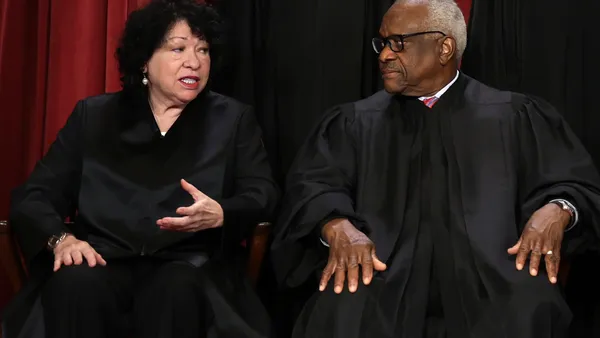The U.S. Office of Personnel Management (OPM) finalized regulations Friday that prohibit federal agencies and federal contractors from requesting a job candidate’s criminal history during the hiring process and before making a conditional offer of employment.
Implementing the Fair Chance to Compete for Jobs Act of 2019 (Fair Chance Act), the regulations set out guidelines for such inquiries and create a complaint process for job candidates. The rules take effect Oct. 2.
“If you have the qualifications, skills and willingness to serve the American public, you deserve a fair chance to compete for employment within the federal government,” Kiran Ahuja, OPM director, said in a statement. “America is a nation of second chances and every person deserves to be treated with dignity and respect.”
The agency said it will work with the Chief Diversity Officers Executive Council and the Chief Human Capital Officers Council to help agencies establish tailored work plans, leadership groups and metrics to increase federal employment opportunities for workers with criminal histories.
The Fair Chance Act links to the Biden administration’s Alternatives, Rehabilitation and Reentry Strategic Plan to strengthen public safety, improve rehabilitation in jails and prisons and support successful reentry.
Some states are considering legislation similar to the Fair Chance Act. In California, for instance, the Fair Chance Act of 2023 would ban most private employers from conducting a background check on a job candidate’s conviction history. The bill would also prohibit employers from stopping an interview, rejecting an application or ending the hiring process based on an applicant’s conviction history.
Recent research indicates that the liability in hiring individuals with conviction records is lower than some previously believed. For some jobs, the liability is “virtually non-existent,” according to the Legal Action Center.
For employers that want to embrace second-chance hiring, empathy is key, experts said at the Society of Human Resource Management annual conference earlier this year. If issues around absenteeism or poor performance arise, employers can show support by asking what’s wrong at work and at home. Employees may have difficulties with transportation, child care or money that can be addressed, or they may need help through technology and soft skills training, speakers suggested.











